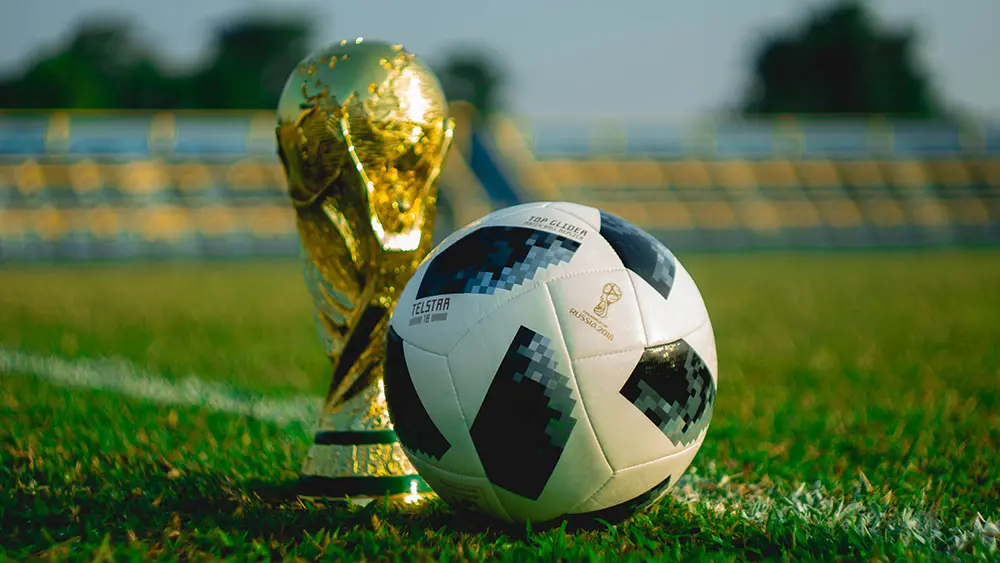In a world often marked by political tensions and cultural differences, it may seem surprising that a sports organization like FIFA could play a role in international diplomacy. However, over the years, FIFA, as the world football governing body, has become a powerful catalyst for fostering understanding, cooperation, and peace among diverse nations and cultures. This article explores how FIFA’s initiatives, tournaments, and policies have transcended the realm of sports and evolved into a force for bridging cultural divides through soccer diplomacy.
The Universal Language of Soccer
Soccer, often referred to as “the beautiful game,” possesses a unique ability to transcend borders, languages, and cultural differences. Regardless of where you are in the world, the sight of a soccer ball and the sound of cheering fans are universal. FIFA recognized this global appeal and leveraged it to bring people from all corners of the earth together.
World Cup Diplomacy
The FIFA World Cup, held every four years, is arguably the most-watched sporting event worldwide. This tournament offers a remarkable platform for nations to showcase their talents, traditions, and cultures to a global audience. When countries host the World Cup, it presents an opportunity to improve international perceptions, promote tourism, and enhance diplomatic ties.
For instance, when South Korea and Japan co-hosted the 2002 FIFA World Cup, it marked a significant moment in Asian diplomacy. The tournament not only showcased the region’s love for soccer but also facilitated dialogue and cooperation between two nations with a complex history of relations.
Promoting Unity in Divided Regions
FIFA has actively contributed to peace and reconciliation efforts in regions marred by conflict. In the case of Palestine and Israel, FIFA has played a role in promoting dialogue and fostering unity among soccer players and fans. Initiatives like joint training programs and friendly matches between Palestinian and Israeli teams have allowed people from both sides to come together on the soccer field, setting aside political differences.
Gender Equality and Inclusivity
FIFA has also made strides in promoting gender equality and inclusivity through soccer diplomacy. The FIFA Women’s World Cup has emerged as a powerful platform for showcasing women’s talent and addressing gender disparities. By empowering women in sports, FIFA contributes to broader discussions about gender equality and human rights, fostering understanding across diverse cultures.
Development Programs
FIFA’s commitment to developing the sport globally extends to programs that aim to bridge cultural divides. Through initiatives like the FIFA Forward program, the organization provides financial support and resources to member associations, especially those in underprivileged regions. By investing in soccer infrastructure, youth development, and education, FIFA helps create opportunities for communities to come together, fostering unity and understanding.
While FIFA’s primary role is to govern the world of football, it has evolved into a significant player in international diplomacy. The universal appeal of soccer allows FIFA to bring nations together, transcending cultural divides, and promoting unity, peace, and understanding. Through initiatives like the World Cup, gender equality efforts, and development programs, FIFA continues to prove that sports can be a powerful tool for diplomacy, showing the world that, indeed, soccer is much more than just a game.
